If you have varicose veins, you may wonder what you could have done to prevent them from happening in the first place. Heredity is a main risk factor for developing varicose veins, responsible for 80% of varicose vein disease. If your family history checks out, there are a few other factors that could be the cause. Read on to see if these risk factors apply to you.
Age
The risk for varicose veins increases with age, as the aging process naturally weakens the elasticity of the vein wall. This results in a greater chance that blood will pool in the veins, collecting in the legs instead of flowing back to the heart. Wear and tear also takes a toll on the vein valves which help to regulate blood flow. If you are between the ages of 30 and 70, leg tiredness, achiness and swelling could be signs of varicose veins.
Gender
Women are four times more likely than men to develop varicose veins, according to the American College of Phlebology, and up to 50% of women will be affected at some point in their lives. Hormonal changes and pregnancy are both factors leading to the development of the condition. Certain hormones tend to relax vein walls which can increase the likelihood of blood flowing away from the heart.
Prolonged Sitting or Standing
Have a desk job? What about a job where you’re constantly on your feet? Neither avoids the trap of prolonged sitting or standing. Being on your feet for extended periods of time makes it more difficult for blood to return to your heart. On the other hand, prolonged sitting restricts blood flow because you are not changing your position.
Regardless of your day-to-day activities, aiming to have a mix of sitting, standing and walking throughout the day can help offset your risk for developing varicose veins. If you have a desk job, take small breaks to walk around and stretch. Even calf stretching at your desk can help. If standing all day takes its toll, elevate your feet when at rest so that they are above the heart.
Weight & Activity Level
Being overweight can put stress on the body, especially the legs. The vein walls are also stressed by excess weight. Staying active can help you lose or maintain weight while promoting healthy circulation. Pick a daily activity you enjoy, such as walking, swimming or hiking, to help boost the circulation in your legs. A nutritious diet can also help with weight maintenance.
If you suffer from tired, achy legs or other varicose vein symptoms, you should know AVLC offers virtually pain-free treatments for your venous conditions. We provide minimally-invasive options to treat you in the comfort of our facility—walk-in, walk-out. Contact us today for a free ultrasound screening to see if your leg discomfort could be caused by varicose veins.
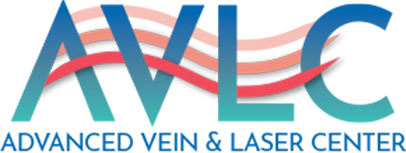

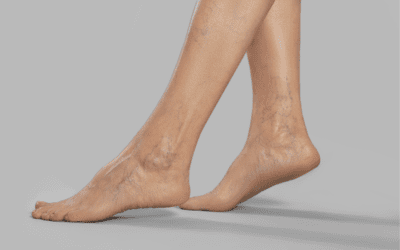
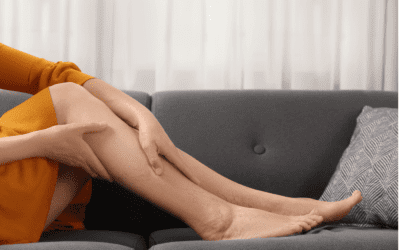

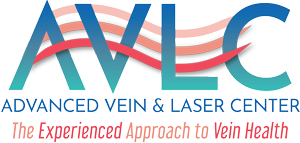
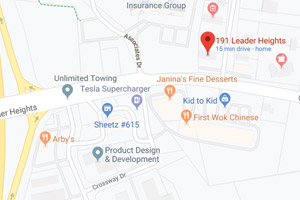
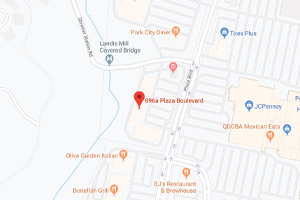
0 Comments